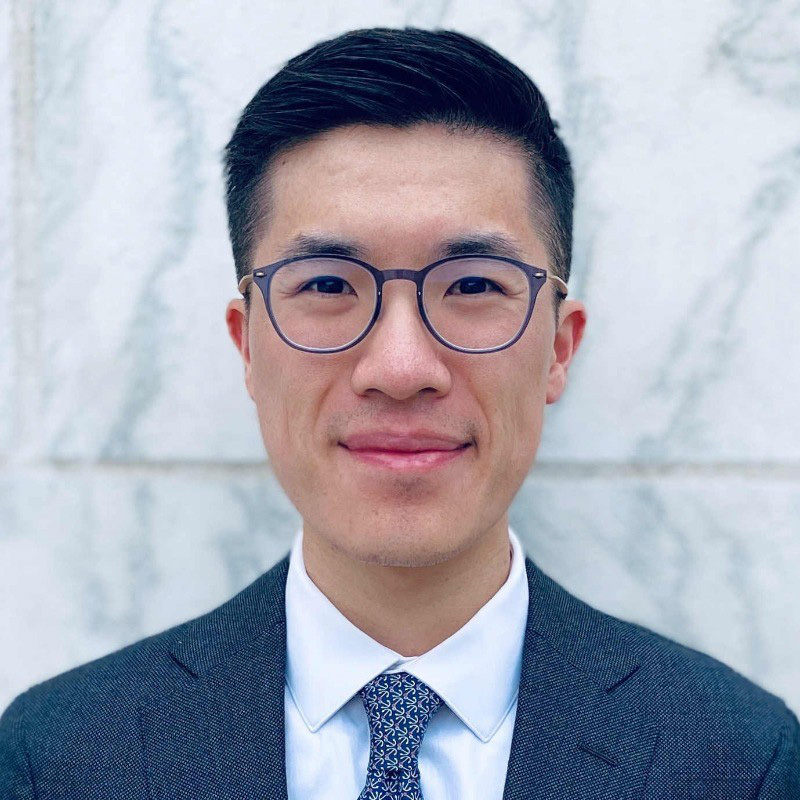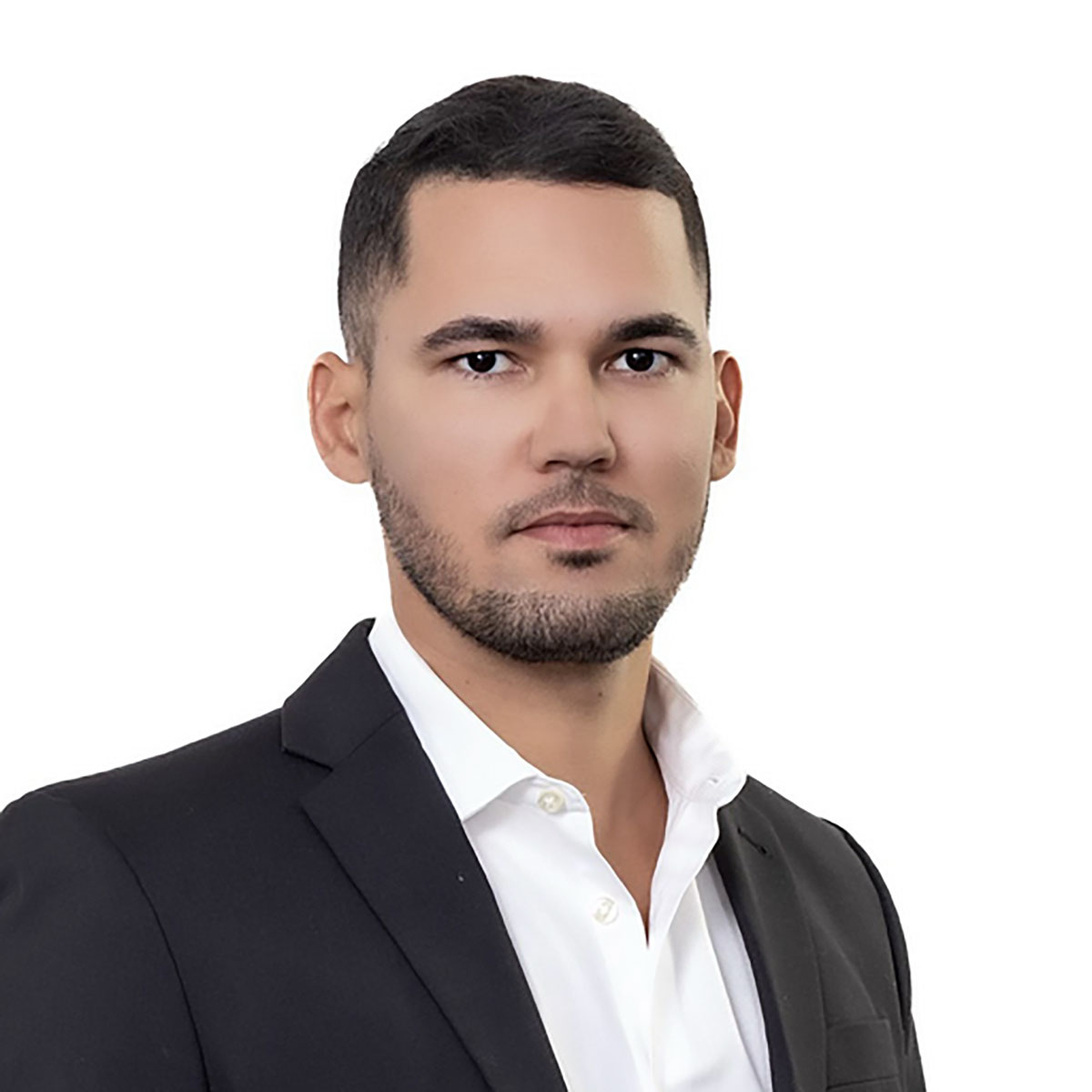As we age, our bodies’ nutritional needs change. It can become more challenging to get all the essential vitamins and minerals from diet alone. This is where senior health supplements can play a crucial role, as they are easy to add to a senior’s routine to fill nutritional gaps and support overall well-being.
But with so many options on the market, how do you know which supplements are right for you? This guide will walk you through the most important supplements for seniors, what they do, and how to choose high-quality products.
Key Takeaways
- Seniors often need more of certain nutrients, like Vitamin D, B12, and Calcium.
- Supplements can help support bone health, brain function, and a strong immune system.
- Always talk to your doctor before starting any new supplement regimen.
- Look for third-party tested supplements to ensure quality, purity, and the best results.
Why Do Seniors Need Supplements?
As we get older, several factors can affect our nutritional status:
- Decreased Appetite: Many seniors experience a reduced appetite, making it difficult to eat enough to meet their nutritional needs.
- Changes in Digestion: The body’s ability to absorb certain nutrients, like Vitamin B12, can decrease with age.
- Medications: Some medications can interfere with nutrient absorption.
- Chronic Health Conditions: Certain health issues can increase the need for specific nutrients.
Due to these factors, seniors may miss out on essential nutrients, so supplementation can help address these gaps.
For these reasons, a high-quality multivitamin or individual supplements can be a valuable addition to a healthy diet for seniors.
Top 10 Essential Supplements for Seniors
Here are some of the most important vitamins and minerals for older adults. These supplements help ensure complete nutrition for seniors, supporting their overall health and well-being.
1. Vitamin D: The “Sunshine Vitamin”
Why it’s important: Vitamin D is crucial for absorbing calcium and maintaining strong bones. It also plays a role in immune function and mood regulation. As we age, our skin becomes less efficient at producing Vitamin D from sunlight.
Recommended Dosage: The National Institutes of Health (NIH) recommends 600 IU of Vitamin D per day for adults up to age 70, and 800 IU for adults over 70.
2. Vitamin B12: For Brain and Nerve Health
Why it’s important: Vitamin B12 is essential for creating red blood cells and maintaining healthy nerve function. Up to 30% of adults over 50 have difficulty absorbing Vitamin B12 from food.
Recommended Dosage: The recommended daily intake for Vitamin B12 is 2.4 mcg for adults.
3. Calcium: The Bone Builder
Why it’s important: Calcium is vital for strong bones and teeth. It also plays a role in muscle function and nerve signaling. Women, in particular, are at a higher risk of osteoporosis after menopause.
Recommended Dosage: The NIH recommends 1,200 mg of calcium per day for women over 50 and men over 70.
4. Omega-3 Fatty Acids: For Heart and Brain Health
Why it’s important: Omega-3s, found in fish oil, are known for their anti-inflammatory properties. They can help support heart health, brain function, and joint health.
Recommended Dosage: There is no official recommended daily intake for omega-3s, but many experts suggest 1,000 mg per day of a combination of EPA and DHA.
5. Coenzyme Q10 (CoQ10): An Antioxidant Powerhouse
Why it’s important: CoQ10 is an antioxidant that helps protect cells from damage. It also plays a role in energy production. Levels of CoQ10 naturally decline with age.
Recommended Dosage: Doses of 100-200 mg per day are commonly used.
6. Magnesium: The Multi-Tasking Mineral
Why it’s important: Magnesium is involved in over 300 biochemical reactions in the body. It’s important for muscle and nerve function, blood sugar control, and blood pressure regulation.
Recommended Dosage: The recommended daily intake for magnesium is 420 mg for men and 320 mg for women over 50.
7. Probiotics: For a Healthy Gut
Why it’s important: Probiotics are beneficial bacteria that live in your gut. They are an easy way to support a healthy digestive system and a strong immune system.
Recommended Dosage: Look for a probiotic with a variety of strains and at least 1 billion CFUs (colony-forming units).
8. Fiber: For Digestive Regularity
Why it’s important: Fiber is essential for maintaining digestive health and preventing constipation, which can be a common issue for seniors.
Recommended Dosage: The recommended daily intake for fiber is 30 grams for men and 21 grams for women over 50.
9. Vitamin C: The Immunity Booster
Why it’s important: Vitamin C is a powerful antioxidant that helps protect cells from damage. It’s also essential for a healthy immune system and skin health.
Recommended Dosage: The recommended daily intake for Vitamin C is 90 mg for men and 75 mg for women.
10. Zinc: For Immune Support and Wound Healing
Why it’s important: Zinc is crucial for a healthy immune system and plays a role in wound healing and your sense of taste and smell.
Recommended Dosage: The recommended daily intake for zinc is 11 mg for men and 8 mg for women.
How to Choose a High-Quality Senior Health Supplement
Before You Start
Talk to Your Doctor First: Before starting any new supplement, consult with your doctor or a registered dietitian. They can help you determine which supplements are right for you and identify potential interactions with medications you’re taking.
Research and Selection
Quality Assurance
- Look for Third-Party Testing: Choose supplements tested by reputable organizations like NSF International, USP, or ConsumerLab.com to ensure product purity and accurate labeling
- Choose Reputable Companies: Select manufacturers with strong histories of quality, customer service, and financial stability
- Find High-Quality Ingredients: Look for supplements made with premium botanicals and adaptogens from trusted sources
Age-Appropriate Formulations
- Check for Senior-Specific Formulas: Many companies offer multivitamins designed for seniors with higher levels of nutrients like Vitamin D and B12
- Consider Specialized Needs: Some supplements target specific senior health concerns, so choose formulas aligned with your health goals
Product Details
- Read Labels Carefully: Pay attention to serving sizes, nutrient forms (some absorb better than others), and additional ingredients
- Avoid Unnecessary Fillers: Choose supplements free from fillers and unnecessary additives for better effectiveness
- Consider Different Forms: Evaluate whether tablets, capsules, or powders work best for your needs—powder supplements are often easier to digest and mix into liquids
Making Your Decision
Research and Reviews
- Read Customer Reviews: Check feedback from other users to gauge real-world results and satisfaction
- Evaluate Cost vs. Value: High-quality supplements may cost more upfront but often provide better safety and results
Practical Considerations
- Review Customer Service: Consider the level of support offered by the company for a positive experience
- Check Subscription Options: Look for flexible subscription management that allows you to adjust, pause, or cancel orders easily
After Purchase
Proper Use and Storage
- Follow Directions: Always adhere to dosage and timing instructions on the supplement label
- Store Properly: Keep supplements in a cool, dry place and reseal packaging to maintain freshness
- Check Expiration Dates: Regularly verify that your supplements haven’t expired and are within their shelf life
Monitor and Adjust
- Evaluate Results: Assess supplement effectiveness based on your health goals and overall well-being
- Maintain Good Nutrition: Remember that supplements work best alongside a balanced diet to fill nutritional gaps
Final Thoughts
Supplements can be a valuable tool for supporting healthy aging and improving quality of life, helping seniors continue to enjoy good health and independence for years. Many seniors have given positive feedback about how supplements made them feel better, improved their ability to work or stay active, and enhanced their overall well-being. The benefits of supplements for seniors include supporting energy, vitality, and the ability to continue living life to the fullest. However, they are not a substitute for a healthy diet and lifestyle. By eating a balanced diet, staying active, and talking to your doctor about which supplements may be right for you, you can take a proactive approach to your health and well-being as you age.
FAQs
1. Should seniors take a multivitamin?
For many seniors, a daily multivitamin can be a good way to fill in any nutritional gaps in their diet. Look for a formula specifically designed for older adults.
2. Are there any supplements seniors should avoid?
Some supplements, like Vitamin K, can interfere with certain medications. It’s also possible to get too much of certain nutrients, like Vitamin A and iron. This is why it’s so important to talk to your doctor before taking any new supplements.
3. When is the best time to take supplements?
This can depend on the supplement. Some, like iron, are best absorbed on an empty stomach, while others, like fat-soluble vitamins (A, D, E, and K), should be taken with a meal that contains some fat.
4. How do senior health supplements complement Original Medicare and Medicare supplement plans?
Senior health supplements can enhance the basic benefits provided by Original Medicare (Medicare Parts A & B) by offering additional coverage and services. These may include fitness programs, caregiver support, and decision support services, which go beyond standard medical coverage. The specific coverage and services available can vary by area, so it’s important to check what is offered in your region. These supplements are designed to help Medicare-eligible individuals and retirees get more comprehensive support for their health needs.
References
- National Institutes of Health, Office of Dietary Supplements. (2022). Vitamin D.
- National Institutes of Health, Office of Dietary Supplements. (2022). Vitamin B12.
- National Institutes of Health, Office of Dietary Supplements. (2022). Calcium.
- Communications, Mass General Brigham, and Mass General Brigham Communications. 2025. “Vitamin D Supplements May Slow Biological Aging.” Harvard Gazette. May 22. https://news.harvard.edu/gazette/story/2025/05/vitamin-d-supplements-may-slow-biological-aging/.
- National Institute on Aging. n.d. “Dietary Supplements for Older Adults.” National Institute on Aging. Accessed June 19, 2025.
- Human Care NY. n.d. “Benefits of Omega-3 for Seniors.” Human Care NY. https://www.humancareny.com/blog/benefits-of-omega-3-for-seniors.
Fabian, Elisabeth, M. Bogner, A. Kickinger, K -H. Wagner, and I. Elmadfa. “Vitamin status in elderly people in relation to the use of nutritional supplements.” The journal of nutrition, health & aging 16 (2012): 206-212.








